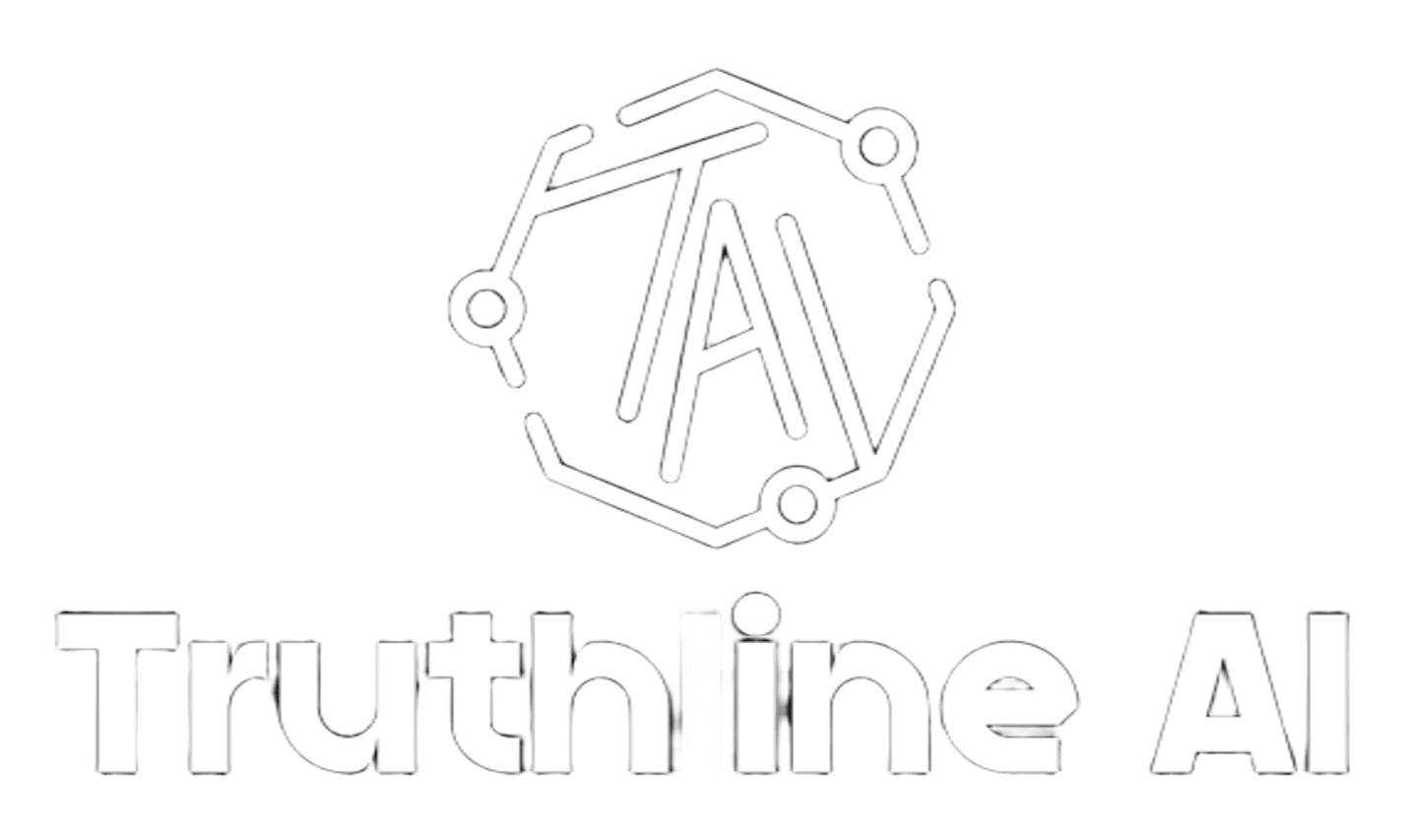Analysis of The Business Daily Newspaper -July 21,2025
Tone
The tone of The Business Daily on July 21, 2025, is predominantly investigative and critical, particularly in exposing questionable financial dealings .However, it balances this with a pragmatic tone when discussing institutional developments, such as Moi Referral Hospital’s expansion and Shelter Afrique’s capital restructuring. There is also an undercurrent of advocacy, especially in critiques of banking sector rigidity and societal indifference, suggesting a push for systemic reforms.
Track
The newspaper consistently tracks financial and governance issues, emphasizing accountability in public and corporate sectors, as seen in the scrutiny of the Ruto ally’s solar deal and Safaricom’s wrongful dismissal case. It also monitors legal precedents, such as the Court of Appeal’s ruling on oppressive debt, reinforcing its focus on justice and regulatory fairness. Additionally, it follows economic trends, from global central bank debates to local SME listings, maintaining a balance between macro and micro perspectives.
Framing
Stories are framed to highlight systemic flaws corruption , legal overreach , and institutional inefficiencies ,Positive developments, like hospital expansions or private investments, are presented as solutions to existing gaps, reinforcing a problem-solution narrative. Human-interest angles, such as Alice Nganga’s mountaineering shift, provide contrast but still tie into broader themes of resilience and reinvention.
Editorial Agenda
The editorial agenda prioritizes transparency, as seen in exposés on dubious deals and legal injustices, aligning with watchdog journalism. It advocates for economic reform, criticizing collateral-heavy banking and championing SME growth . The inclusion of health crises and global economic debates suggests a commitment to issues impacting both national stability and individual livelihoods.
Conclusion
The Business Daily positions itself as a critical observer of Kenya’s financial and governance landscape, blending investigative rigor with calls for reform. Its coverage balances exposés with developmental updates, ensuring relevance to policymakers, businesses, and the public. Ultimately, the paper’s agenda leans toward accountability and progressive change, though its tone occasionally verges on cynicism regarding systemic failures.
